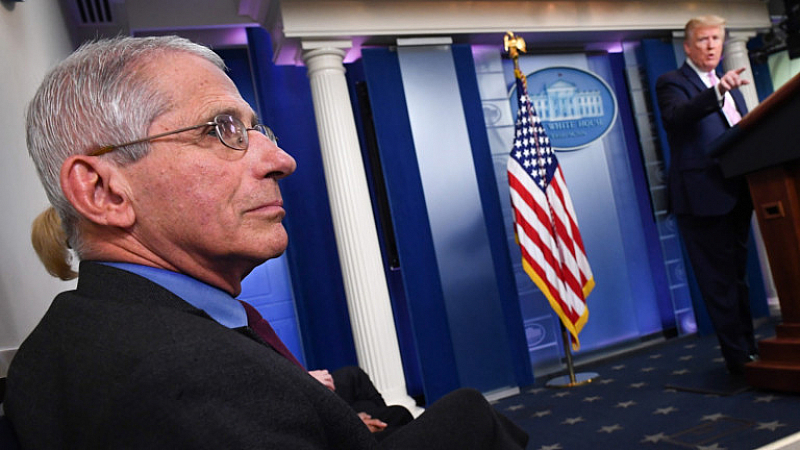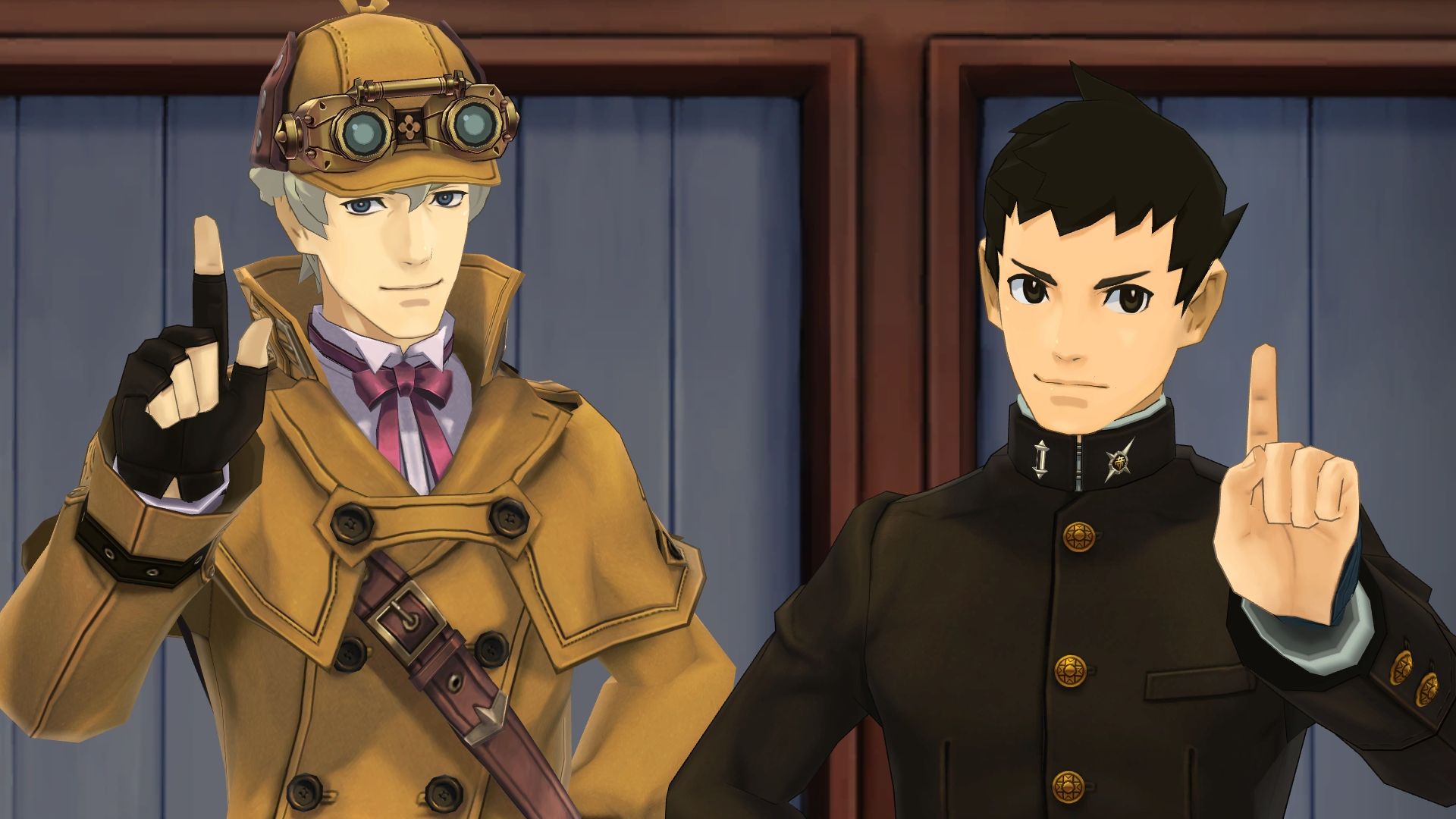New York citizens go to the polls today to a primary election of uncertain outcome that will appoint the mayor of the post-pandemic of the largest metropolis in the United States, where 13 compete Democrats and two Republicans to succeed in office Bill de Blasio.
As New York is a Democratic fiefdom, the winner of the primaries of this party will possibly be elected as mayor in November, after elections that will pit him against the winner of the Republican primaries.
Registered Democrats must choose from a diverse group who dispute “the second most difficult job” in the United States after that of president, as the office of mayor of New York is known.
The winner will replace De Blasio, very left-wing, who culminates eight years of government with great unpopularity and in the midst of the covid-19 pandemic.
The “change” New York voters expect
The city could elect its first mayor, its first Asian American mayor, or its second Afro-descendant mayor, although With the debut of the preferential voting system and a mountain of absentee votes yet to be counted, it could take until July to find out the winner of the Democratic race.
“It’s time for a change; obviously the city has suffered greatly from the pandemic“said Esther Rombaut, 48, in front of the Metropolitan Museum in New York.
The woman added that “it will be critical for the next mayor to figure out what to do with fiscal policy, how to balance the budget, getting children back to school and all the other things that need to be done.”
Just over a year ago, New York was the national epicenter of the pandemic, with more than 33,000 deaths due to the coronavirus pandemic.
But the city is coming back to life after harsh months of confinement, thanks to a strong vaccination campaign against covid-19. Virtually all coronavirus restrictions have been lifted and 66 percent of adults in the Big Apple have received at least one dose of the vaccine.
“The stakes are high here,” estimated Columbia University expert Lincoln Mitchell, citing issues ranging from post-pandemic recovery to climate change.
Unemployment, homelessness, shootings and homicides have increased since the start of the health crisis. Thousands of businesses have closed, many wealthy residents have fled the city, and huge numbers of employees still work from home.
The pandemic and then the protests sparked by George Floyd’s death in May 2020 in Minneapolis and the attacks on Asian Americans have highlighted the racial inequalities in this metropolis 8.5 million inhabitants.
“Crime is by far the number one issue confronting New York and New Yorkers,” said Douglas Muzzio, a professor of political science at Baruch College.
He added that “people notice that crime is on the rise (…) And in the media they are bombarded with crimes and criminal acts in the streets, in the subway.”
The favorites to win the election
The new mayor of New York will also have to face a fiscal deficit of several billion dollars estimated for the next couple of years.
Eric Adams, a former moderate African-American cop and Brooklyn Borough President, leads the latest polls with the fight against crime at the forefront of his campaign.
Tech entrepreneur Andrew Yang, also a moderate and who promised to pay a thousand dollars to every American when he was a pre-candidate for the Democratic presidential primary, he was also among the favorites for much of the campaign.
“New York needs law and order, and to a great extent, “said New Yorker Susan Green, a 74-year-old interior designer, after voting for Yang this morning.
Kathryn Garcia, another moderator, and Maya Wiley, an Afro-descendant human rights lawyer who was recently endorsed by Congresswoman Alexandria Ocasio-Cortez, a star of the left wing of the Democratic Party, are also in contention. If one of them is elected, will become the first female mayor of New York.
The conflict generated by the new voting system
A new voting system that asks voters to rank five candidates in order of preference makes predictions almost impossible.
“Neither candidate has more than a quarter of the electorate. It will take weeks to count the votes, “Muzzio anticipated.
Unless a candidate gathers more than 50 percent of the votes from the beginning, which is a very unlikely scenario, the candidate who is last is eliminated, and their votes are redistributed towards their second option. And so on with the rest, until one candidate exceeds 50 percent. Because of this, the winner could only be known in mid-July.
More of 191 thousand people have already voted during the nine days early voting that ended on Sunday. Tens of thousands of observed votes will also have to be counted.
OMZI
– .


